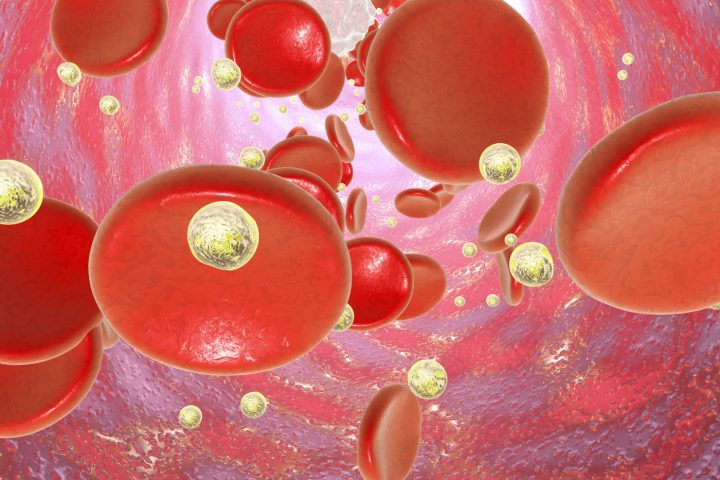Phase 2/3 Clinical Trial of MarzAA Shows Promise in Hemophilia Treatment
Written by |

Catalyst Biosciences announced positive interim results from a Phase 2/3 clinical trial (NCT03407651) of the Factor VIIa variant marzeptacog alfa (activated) (MarzAA) in the preventative treatment of patients with hemophilia A or B with inhibitors.
The study, aiming to include up to 12 patients, is recruiting in Russia and will be recruiting in Armenia, Lebanon and South Africa.
Results were presented by Howard Levy, MD, chief medical officer of Catalyst, at the 2018 Hemophilia Drug Development Summit Aug. 15-16 in Boston.
As some hemophilia patients develop antibodies, or inhibitors, to clotting factor treatments, Catalyst developed MarzAA, a Factor VIIa treatment designed to deliver stronger clotting activity and work longer at a bleeding site.
A Phase 1 clinical trial (NCT01439971) in patients with severe hemophilia A or B with or without inhibitors indicated that a single dose of MarzAA was well-tolerated with no occurrences of antibody development or thrombosis (blood clot formation in a blood vessel).
Catalyst is conducting a Phase 2/3 open-label clinical trial to evaluate the ability of MarzAA to eradicate or reduce spontaneous bleeding episodes in patients with hemophilia A or B with inhibitors.
The primary endpoint of the trial is a decrease in annualized bleed rate (ABR) compared with each individual’s dhistorical ABR. ABR refers to a participant’s number of bleeds per year for each treatment regimen.
Among the five patients enrolled so far, three have completed the trial. One, who had a previous ABR of 26.7, did not experience any bleeds after 50 days of treatment with 60 µg/kg MarzAA.
The second subject, who had a prior ABR of 16.6, did not experience any bleeds during treatment with 30 µg/kg MarzAA for 50 days. The third subject, who had a prior ABR of 15.9, did not experience any bleeds during treatment with 30 µg/kg MarzAA for 44 days.
“The ongoing study of subcutaneous MarzAA for the treatment of hemophilia A or B with inhibitors continues to demonstrate positive interim results, as reflected in the clinical update provided at this year’s Hemophilia Drug Development Summit,” Nassim Usman, PhD, chief executive officer of Catalyst, said in a press release.
So far, no anti-drug antibodies (ADAs) have been detected for any of the patients treated.
“The data from these three individuals support the efficacy of MarzAA to reduce annualized bleed rates after daily subcutaneous injections. Importantly, to date we have not observed any injection site reactions nor any anti-drug antibodies after more than 200 subcutaneous doses of MarzAA,” Usman said.
The U.S. Food and Drug Administration (FDA) has granted MarzAA orphan drug designation, which provides Catalyst with seven years of market exclusivity in the United States, tax credits for costs associated with clinical trials, release from paying prescription drug user fees and help from the FDA in designing clinical trials.


